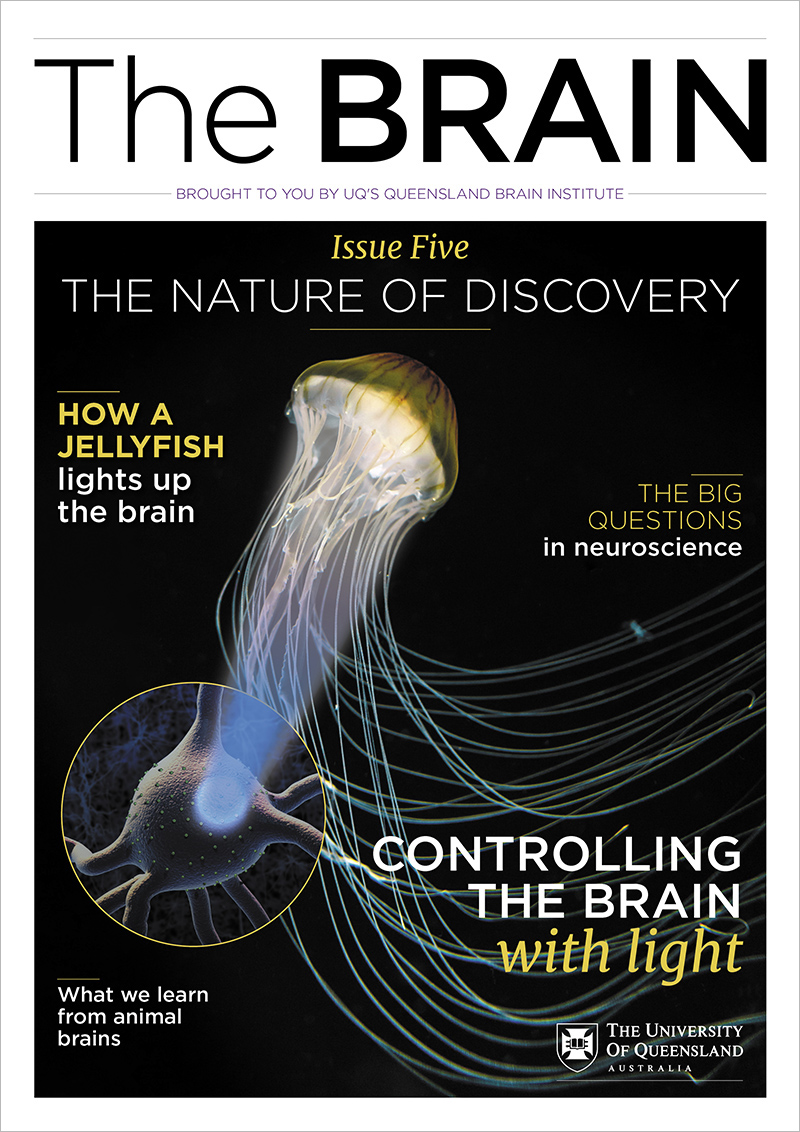Exciting developments in brain science, inspired by nature, are rapidly advancing our understanding of the brain. This science is important, but, as with all advancements, there are significant ethical implications, and we need to consider the ways in which neuroscience technologies and discoveries are managed and used.
Unknown consequences
One of the most significant leaps in neuroscience—using gene-editing technology to alter DNA in neurons —has the exciting potential to cure genetic brain diseases like Huntington’s. But there are potential unknown effects of making changes to a person’s genome that may manifest decades later. Other considerations include whether to make pre-emptive changes in an individual’s genome if they might be at high risk of developing a brain disorder. Using bacteria and virus shells to deliver genetic material also has potential negative effects: the body’s immune defence system may have an adverse reaction if it determines this foreign material should be eliminated.
Enhancing the brain
Developing treatments for brain diseases and disorders is an important goal in neuroscience. By definition, this involves enhancing a diseased or disordered brain. The next step is how we might enhance normal brains. There are upsides to cognitive enhancement: boosting memory or intelligence or creativity. But there are clear downsides too: who will have access to this technology and how should it be regulated? At what point should cognitive enhancement stop? What unintended consequences might there be? What kind of enhancement crosses a line into unfair advantage or brain doping?
Alternate use—or misuse—of neuroscience technology
While scientific advances may have the noblest of intentions, there will always be the potential for misuse, or uses that were not originally considered.
Brain augmentation technology designed to treat brain dysfunction —memory enhancement, for instance—may be applied in military settings to boost soldiers’ capabilities. Gene editing technology has already gone a step too far in the eyes of many. For example, in 2018, a Chinese researcher announced, to the great concern of scientists around the world, that he used CRISPR to create the first gene-edited babies. The babies, purportedly had resistance to HIV, but they may also have genetic mutations that are life-shortening.
Manipulating the brain
Scientists can use light to control and alter neurons, and can use techniques and devices—for example, transcranial magnetic stimulation, or TMS—to change the brain, at least temporarily. These have the potential to affect someone’s personality or identity. How much is a person responsible for their actions if their brain is artificially altered? In this context, what is the threshold of manipulation below which a person’s brain would still be considered normal?
The big ethical picture
Research is inherently interconnected with many scientific fields and is not performed in isolation from our values and policies in society. While researchers pursue their ideas to advance science, they do it knowing there are potential downsides along with the benefits.
Important ethical issues to consider in neuroscience
- Treatments that may change personality or identity
- Unintended or unknown effects of altering DNA in the brain
- How much should we be able to enhance function?
- Fair access to technology that enhances brain function
- Consent from people who have a brain disease or disorder
- How prediction of brain disorders and diseases may impact health insurance coverage
- Anticipating possible alternative use, and misuse, of neuroscience technology

